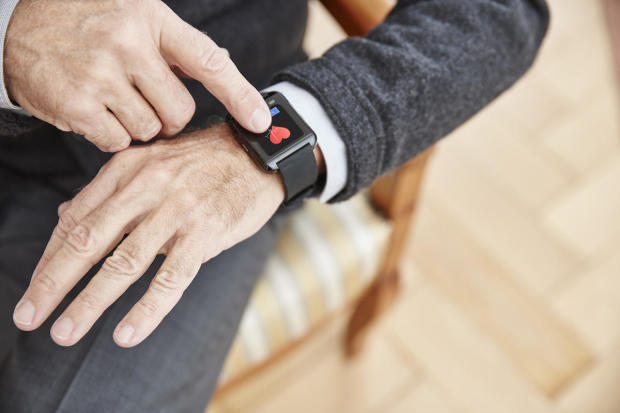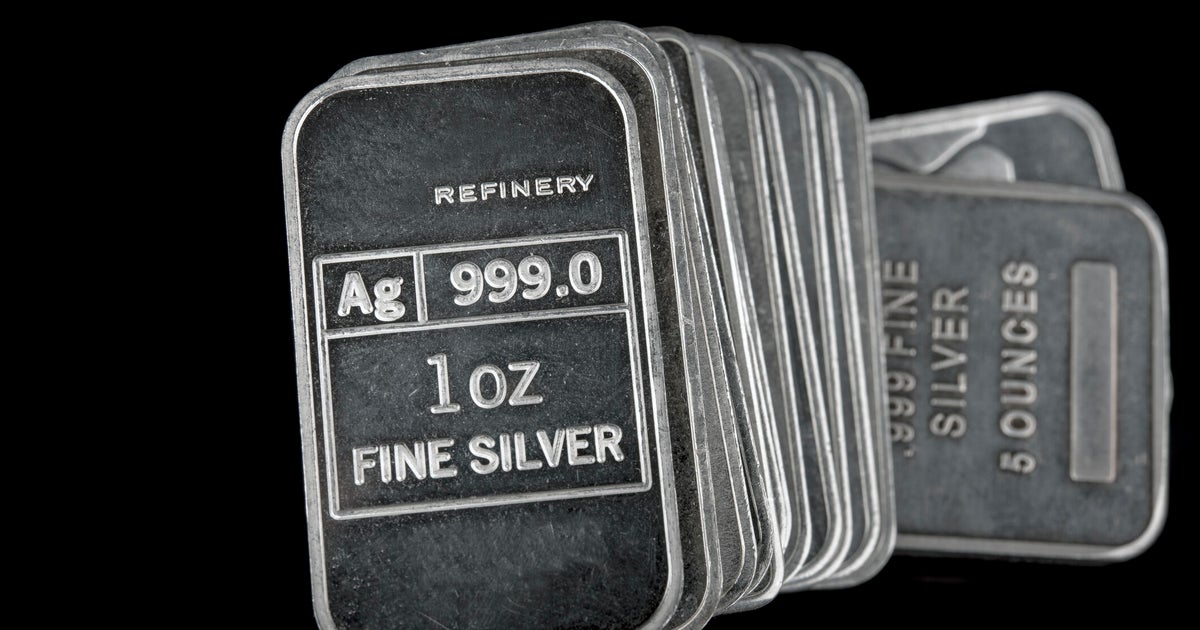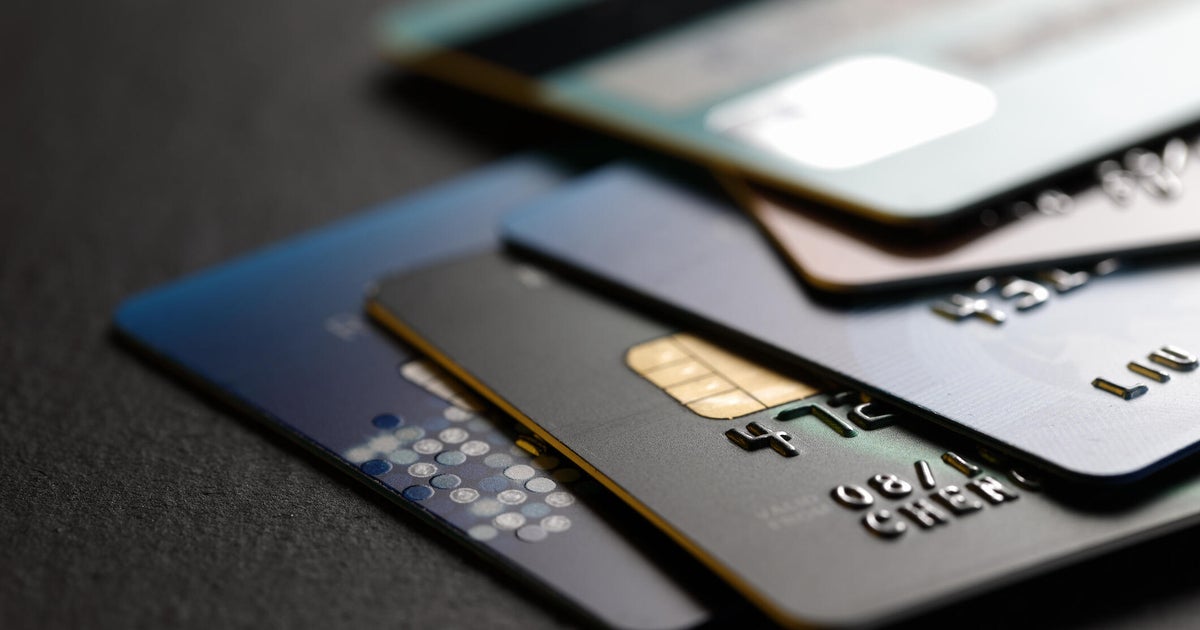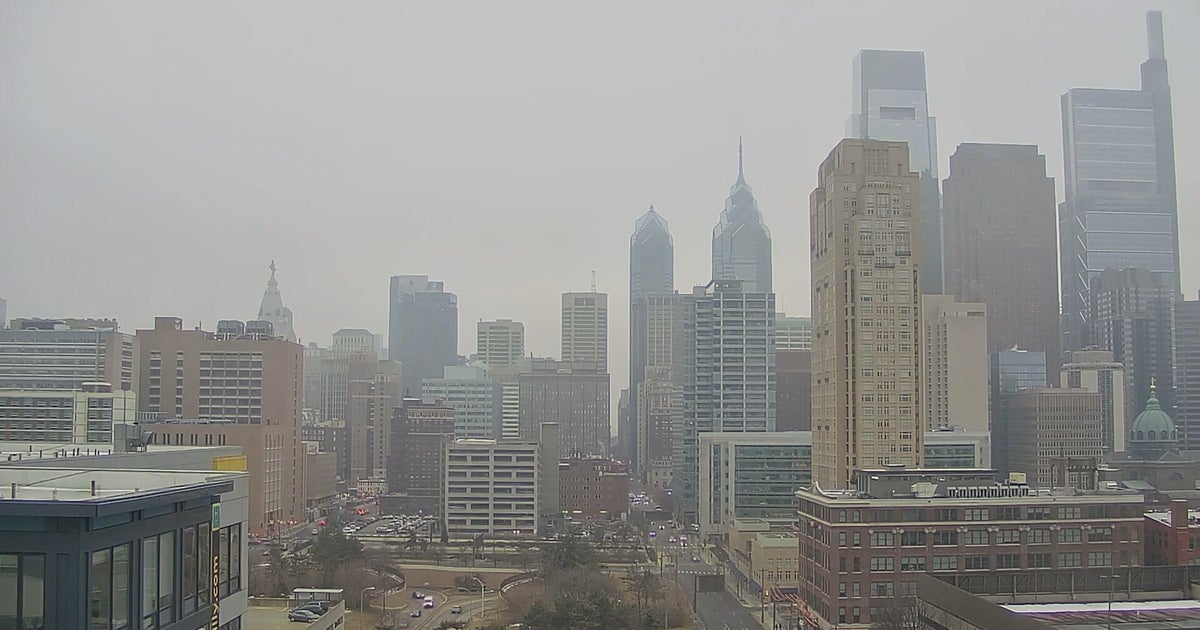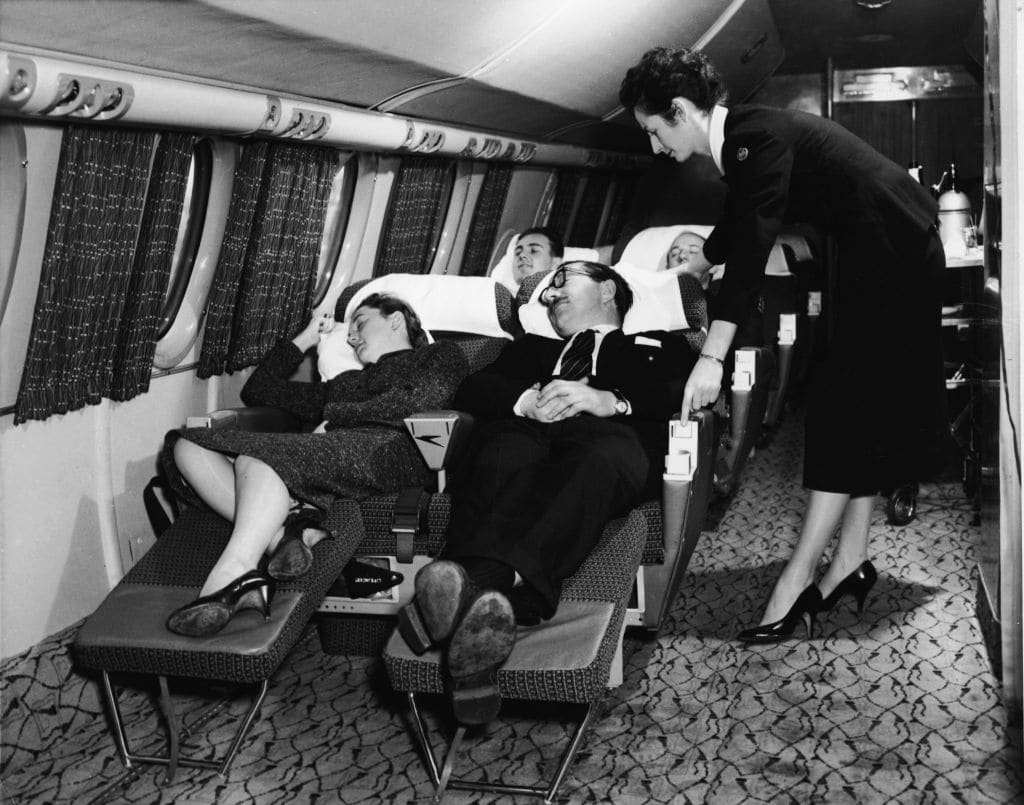Why seniors should buy medical alert systems now
You may be focusing on your loved ones this holiday season, but it's important to keep yourself in mind, too — for protection and peace of mind. If you're looking for ways to ensure your safety as you get older, then a medical alert system may be a great option.
These systems and devices are particularly important if you're planning to remain independent, which is the goal for most older adults. According to a survey conducted by the AARP, roughly 77 percent of adults aged 50 and up want to stay in their homes for the long term.
If that sounds like you, perhaps it's time to start thinking about whether medical alert systems are worth it and how to choose the best one for seniors.
Is now a good time to buy medical alert systems?
There are plenty of gift options for seniors this year, but medical alerts may top the list. Fortunately, with holiday sales abundant, now is a great time to buy medical alert systems.
Start searching for a system and products that make sense for you by shopping on Medical Guardian. Right now, you can get up to 50% off select products plus a free month of service, free ground shipping and a free lockbox with Medical Guardian's end-of-year closeout sale.
The cost of medical alert systems ranges, depending on which products you require. The starting cost is between around $20 to $40 per month, though many companies will allow you to choose different payment plans (quarterly, semi-annually, annually, etc.), according to the National Council on Aging (NCOA). That's in addition to a one-time payment for the products plus installation or activation fees. And if you want to add-on services like fall detection, then your monthly price will increase slightly (around $10 per month, on average, the NCOA says).
NCOA provides a breakdown of some of the costs, equipment and activation fees for various products from Medical Guardian on its website. However, that doesn't take into account any holiday sales or discounts in general. Again, prices vary based on your needs and the products you choose. The best way to save money is to only buy products that you deem necessary.
You can typically get a free quote from companies. Compare some of the top medical alert system providers now.
"Cost is an understandable concern. However, the cost of not investing in a medical alert device can be more devastating than investing in one," Medical Guardian states online while explaining its pricing. "Experts refer to the first hour after a fall occurs as the 'golden hour.' Receiving medical attention during this critical time has been shown to dramatically decrease medical costs and increase survival rates. After the first hour, treatment becomes riskier and is more likely to result in the need for rehabilitation and costly long-term care. For about $1 a day, you and your loved ones can feel the peace of mind that comes with 24-hour emergency response at the push of a button."
If money is a concern, you can also try to see if you're eligible for free medical alert systems through government programs like Medicaid, the U.S. Department of Veterans Affairs or more.
How it works
When it comes to medical alerts, there aren't just systems to choose from — but devices, too (and yes, you can buy these types of devices for a loved one). You just need to determine if you're looking for at-home protection, on-the-go protection (such as wearable devices) or both.
Medical Guardian breaks down how its systems work in three simple steps:
- Click for help: Press your medical alert help button in the event of an emergency (all devices are equipped with buttons to connect you to a trained emergency operator within seconds so you don't have to worry about waiting for someone to find you).
- Connect with a 24/7 emergency monitoring center: When you press the button or if you have fall detection, then a team of emergency operators are contacted and will immediately offer assistance."When you push the button on your Medical Guardian device, you will receive instant help by an expert who will get you the help you need – emergency or not – right away. Our operators receive intensive training to handle any situation, so you're in good hands," Medical Guardian explains.
- Help is on the way: Emergency medical services will be sent to make sure you're safe if you alert the operators that you need help or if you're unresponsive. "We recognize that not every situation calls for an emergency response. If you simply require an extra hand, our trained operators will alert family members, neighbors or friends in your Care Circle so that you can quickly get the exact type of assistance you need," Medical Guardian adds.
Not sure what to choose? Let Medical Guardian walk you through the process.
Everyone's situation is unique. You can take a short product quiz to find out what system and product(s) make the most sense for your situation.
Here are some of the questions you'll need to answer:
- Do you need an emergency monitoring service when you leave your home?
- Do you want a mobile device with a cellular connection?
- Do you want your device to automatically alert emergency services if you fall?
- Do you want to remain covered when you don't have your device on hand?
- Does anyone else in your home need coverage?
When you finish answering all of the above questions, Medical Guardian will retrieve your product information. All you have to do is provide your name, email address and phone number to receive more detailed information on the products and a free quote.
